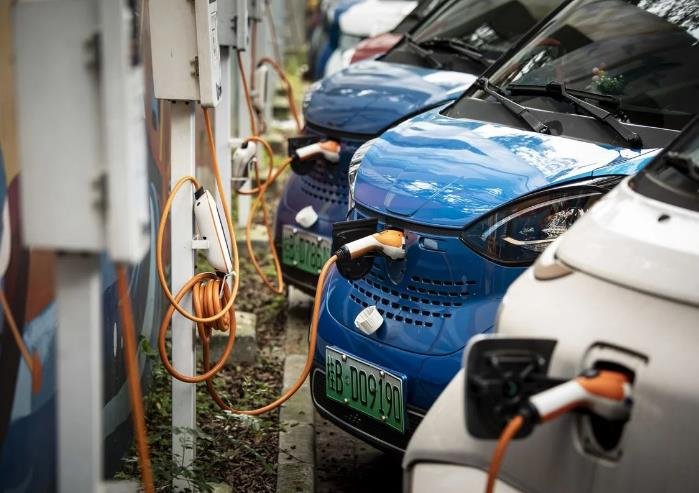Electric vehicles (EVs) are gaining popularity around the world as consumers seek more environmentally friendly and cost-effective alternatives to conventional cars. According to market research firm Rho Motion, the global EV market showed 34% growth in the first nine months of 2023 compared to the same period last year.
China, the world’s largest auto market, is leading the way with record monthly sales in October, despite the end of subsidies for EV purchases. China ended an 11-year subsidy scheme in 2022, but some local authorities have continued to offer aid or tax rebates to attract investments as well as subsidies for consumers1. EV sales in China increased 29% year-to-date in September.
“What’s notable about October’s figures is that EV demand in China continues to reach record highs even though the subsidies were cut … 2023 is set to be another banner year for China in terms of EV sales,” Rho Motion said.

European markets face challenges amid subsidy reductions
While China is enjoying a robust EV market, European markets are facing some challenges as some countries have reduced or eliminated subsidies for EV buyers. Germany, for example, ended business subsidies for EVs in September, which affected nearly two-thirds of passenger car registrations in the country. EV sales in Europe grew 26% so far this year.
“This (subsidies) is an important factor in the German market as nearly two-thirds of passenger car registrations are commercial,” Rho Motion said1. Some automakers, such as Tesla, Mercedes Benz and Volkswagen, have also warned that high interest rates and a subdued market in the region are putting customers off2.
North America sees strong growth with Tesla dominating
The North American market, on the other hand, has seen a strong growth of 78% in EV sales this year1. Tesla, the leading EV maker in the world, still takes the lion’s share of demand in the region, as legacy automakers temper ambitions of scaling production.
However, Tesla’s market share slipped to the lowest on record at about 50% during the third quarter, despite price cuts, according to a report by dealer services firm Cox Automotive in October. Other automakers, such as Ford, General Motors and Honda, are ramping up their EV offerings and investments to compete with Tesla and capture more customers.
The future of EVs is bright and promising
The global EV market is expected to continue growing in the coming years, as more countries and regions adopt stricter emission standards and policies to support the transition to cleaner and greener mobility. According to a Reuters analysis of public data and projections released by automakers, the world’s top automakers are planning an extraordinary level of spending to develop and produce millions of EVs, along with the batteries and raw materials to support that production, over the next eight years.
Reuters calculates that global automakers expect to spend nearly $1.2 trillion through 2030 on EVs, batteries and materials. This number, which has not previously been published, dwarfs previous investment estimates by the industry and is more than twice the previous calculation published just a year ago.
EVs are not only beneficial for the environment, but also for the economy and society. EVs can reduce air pollution, greenhouse gas emissions, oil dependence, and fuel costs. EVs can also create new jobs, industries, and innovations, as well as improve public health and safety. EVs are the future of transportation, and the future is bright and promising.
